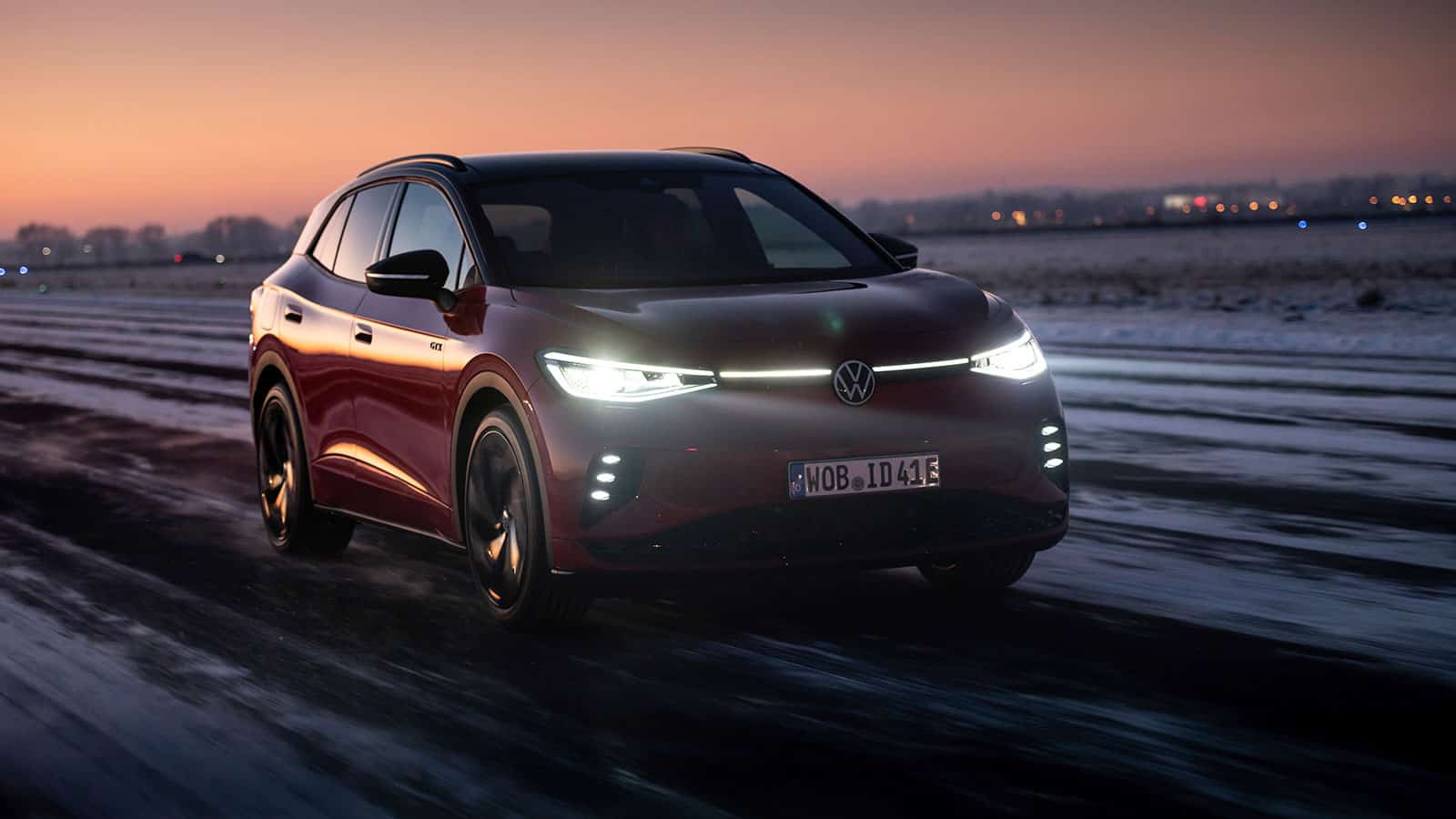- Thanks to the growing EV market, the EV sensor market is expected to be valued at $37.4 billion by 2031.
- Electric vehicle sensors can detect details like light, heat, or motion to monitor and control various processes within an EV.
- BEVs are expected to continue to hold the highest market share of electrified vehicles in the forecast period.
Electric vehicles require a variety of sensors in order to work properly. These sensors can detect, measure, and transmit data about changes in the environment like light, heat, moisture, motion, or pressure, which then helps in analyzing overall performance. Thanks to the growing interest in EVs, not only are EV sales growing, but the EV sensor market is booming, too. In fact, market research predicts that the global electric vehicle sensor market will grow to $37.4 billion by 2031.
A Quick Look at the Numbers
In 2021, the electric vehicle sensor market was valued at $9.6 billion. Overall, the market has a projected compound annual growth rate (CAGR) of 15.1%, bringing the 2031 market projection to $37.4 billion.
Temperature sensors held the highest market share in 2021, with this segment making up nearly half of the global EV sensor market.
Of the types of cars that require sensors (hybrid electric, plug-in hybrid electric, and battery electric vehicles), it was BEVs that held the highest market share in 2021. They accounted for almost three-fifths of the global EV sensor market, and this segment is estimated to keep that leadership status through 2031.
Lasty, Asia Pacific dominated the market when it came to revenue, making up nearly half of the global EV sensor market. The region is also expected to maintain its market lead during the forecast period.
Major Developments in EV Sensors
According to this forecast, some top market players have adopted a variety of strategies to expand their presence in the EV sensor market.
For one, Continental AG has unveiled a high-speed inductive e-motor Rotor Position Sensor (eRPS) that would detect the exact position of the rotor in a synchronous electric machine. This would help to increase efficiency and make for smoother operations.
In 2022, Continental had already launched two sensors for EVs: the Current Sensor Module (CSM) and the Battery Impact Detection (BID) system. Both systems focus on protecting the battery and/or on battery parameter retention. In addition, Continental has also launched exhaust gas temperature sensors (EGT sensors) for the Volkswagen Group.
What Does This Mean?
The EV sensor market is experiencing significant growth worldwide. We see a rising demand for sensors because of the rising demand for EVs overall, and more manufacturers are integrating more sensors into their products to stay ahead in a fiercely competitive market.
More sensors means greater attention is being paid to functionality, accuracy, and efficiency, which means that EV sensor manufacturers aren’t just resting on their laurels – instead, they’re pushing for broader innovation to help this technology mature as the decades go on.

SOURCE | IMAGES: ALLIED MARKET RESEARCH | VOLKSWAGEN
FTC: We use income-earning auto affiliate links. Learn more.











